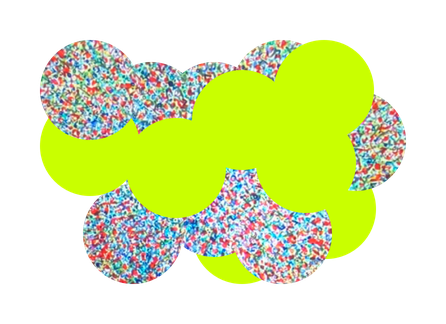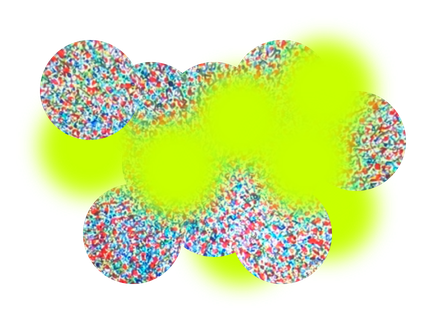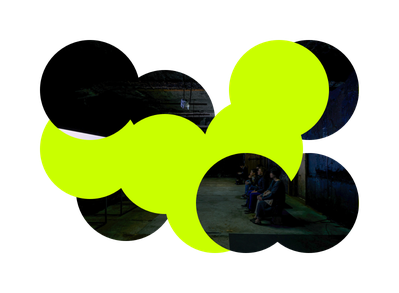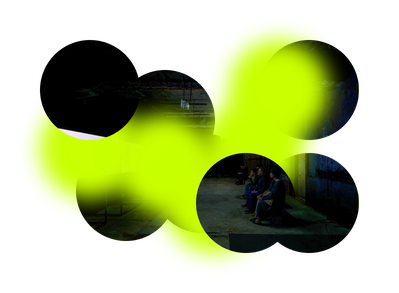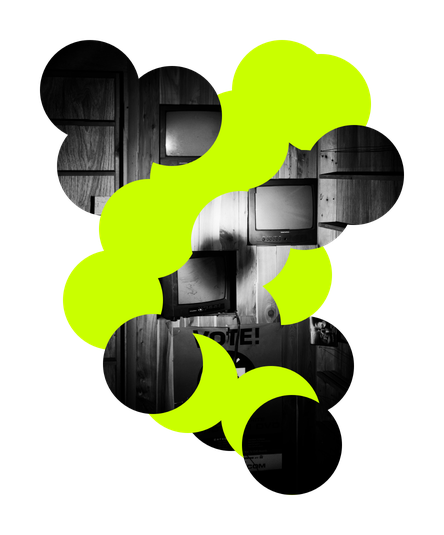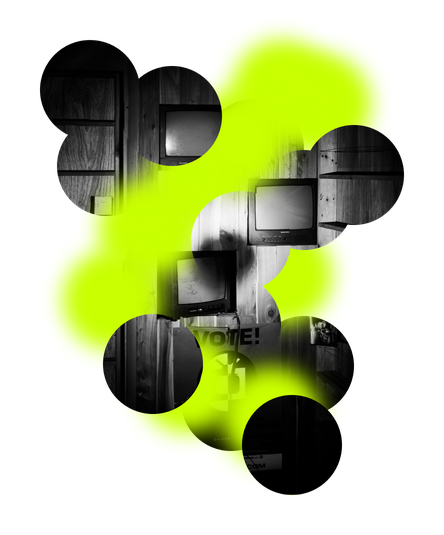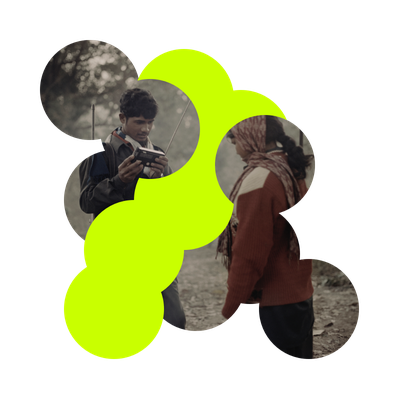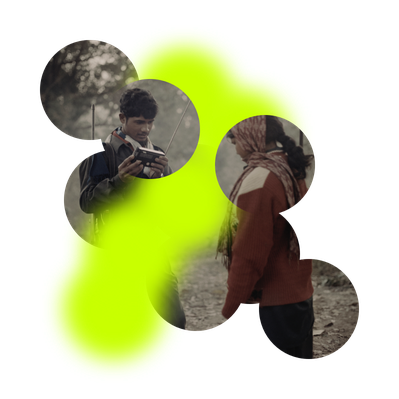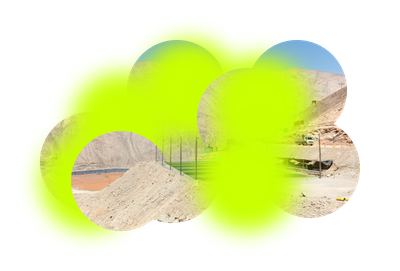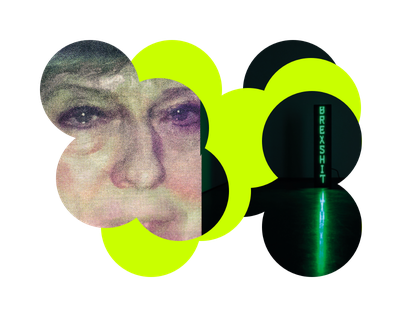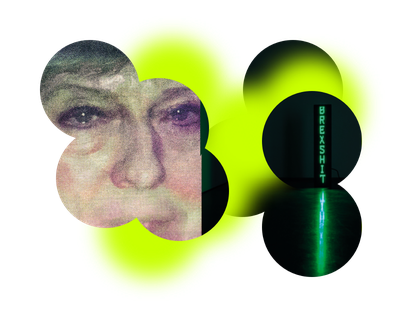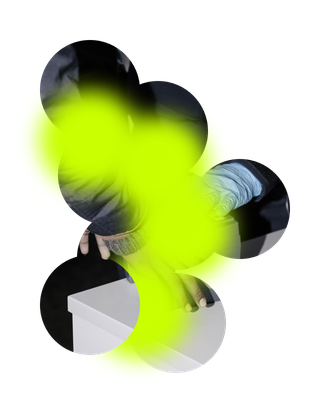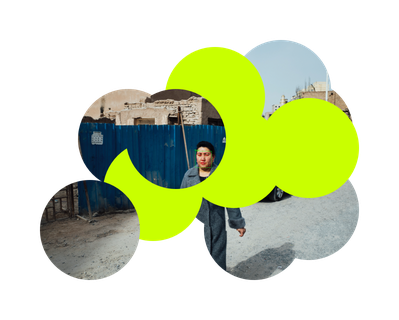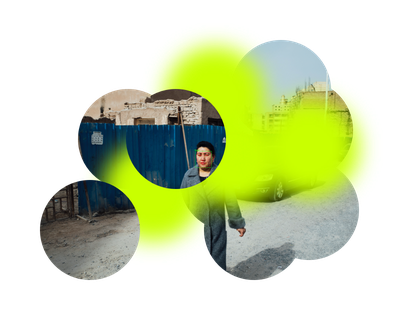The Horizon is Moving Nearer takes the symbiotic nature of society, politics and ecology as the basis to explore how modern humans have reached a crossroads. In this era of various global health emergencies, from Covid-19 to anti-Black violence, we are confronted by a series of critical and interrelated issues which call for us to radically reimagine the ways we relate to the environment and each other.
The exhibition brings together works from eight artists who use visual strategies of narrative and fragmentation as a means of dealing with the mounting complexities that define our troubled times, all the while examining the ontology of the photographic image. Through a mix of image, film, text, archival material and advanced visualisation technologies, The Horizon is Moving Nearer explores topics including toxic masculinity, climate emergency, eco-fascism, conflict, nationalism, populism, cyber-security, mass incarceration, gendered violence, abuses of Indigenous rights, Trump, Brexit and other phenomena. The context is the Anthropocene, and histories unfold individually and collectively, at a hyper-local level as well as on the global stage.
Thinking through this broad set of conditions, but with a conjunctival focus on social justice and environmental degradation, the exhibition attempts to pose the following questions: To what extent is toxic masculinity a threat to caring responsibilities and pro-environmental behaviour? How has the resurgent model of ‘strong man’ world leaders, embodied by Trump, Putin, Bolsonaro and other politicians, accelerated climate-related disasters? In what ways have reactionary politics and the far-right co-opted messaging from active climate movements to propagate falsehoods around population, race and immigration? How has such political and journalistic rhetoric exposed a post-truth era that is fundamentally hardwired into nativism and xenophobia coupled with declarations of financial ruin?
How do emergent threats – real or imagined – from terrorism to cyber-crime, surveillance, data misuse and even the weather, become commodified and weaponised under the guise of guaranteeing citizens’ safety? What role does our reverence for highly-coveted minerals or resources play in humanity’s unabashed pursuit of progress and wealth accumulation? How does this intersect with violent economic enterprises that endanger the wellbeing of societies? How do the vast swathes of people driven off lands in the name of corporate profiteering and/or exploitative work practices fight back? How do invisible structures perpetuate the 400 years of damage caused by white supremacist systems, practices and behaviours on Black people’s lives? And by what means are artists imagining and imaging these immense social and biophysical inquiries through the mediums of photography and film, whilst, in the process, ensuring autonomy and authentic forms of expression?
As has been suggested in Dancing on the volcano: social exploration in times of discontent (2019), a research paper by Beijer Fellows engaged with the Stockholm Resilience Centre, Sweden, recent developments can be understood thanks to new insights afforded from theories of complex systems about what happens as the resilience of the liveable planet is tested – and decreases – owing to fluctuations in societal organisation. Seismic global changes that may lead to social uncertainty, such as huge disparities in wealth and climate crisis, should be interpreted via underlying factors of human behaviour (and the effects of its acts), including the need for group identity and confrontation of the fear of mortality in order to avoid the collapse of the biosphere and civilisation.(1)
The Horizon is Moving Nearer assumes the Portuguese Center of Photography as the host venue; not just as its frame but as a site fraught with vestiges of the past. As a former 18th century prison – operational until 1974 following the Carnation Revolution – this particular historiography offers a pointed backdrop for the examination of how the crimes and ideological tactics of capitalism can no longer be obscured, literalised both through the architectural paradigm of large cells (or enxovias that have since been repurposed as galleries) and bodies of photographic work that articulate various states of ‘unfreedom’.
While humanity seems trapped within these cycles of injustice, the exhibition is not without optimism for the future nor the belief in the ability of art to transform our thinking, as evidenced by Nancy Burson’s film, Love Above All Else (2019), which signals the triumph of compassion over evil. It is within this apparatus of care that, in 2021, the Ci.CLO Bienal proposes The Horizon is Moving Nearer as a project dedicated to the relationship between artistic production and exhibition-making as a site of learning and resistance in the troubled present.
_
(1) Carpenter, S. R., C. Folke, M. Scheffer, and F. R. Westley. 2019. Dancing on the volcano: social exploration in times of discontent. Ecology and Society 24(1):23. https://doi.org/10.5751/ES-10839-240123
_
PORTUGUESE CENTRE OF PHOTOGRAPHY
Largo Amor de Perdição, 4050-008 Porto
Tue - Fri: 10 am - 6 pm
Sat, Sun, Holidays: 3 pm - 7 pm


